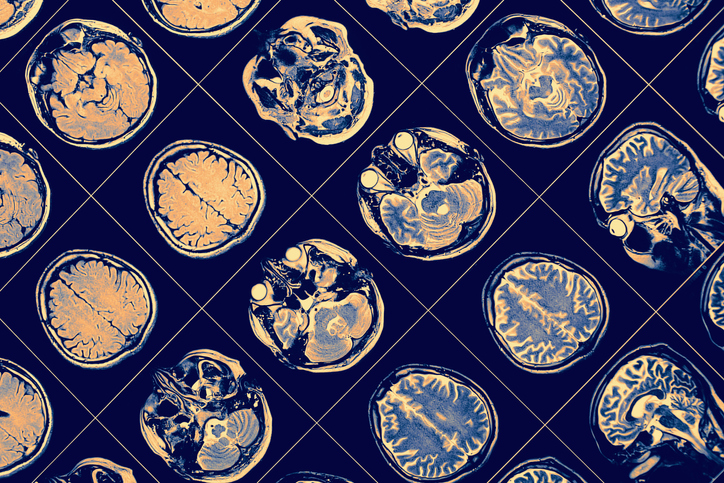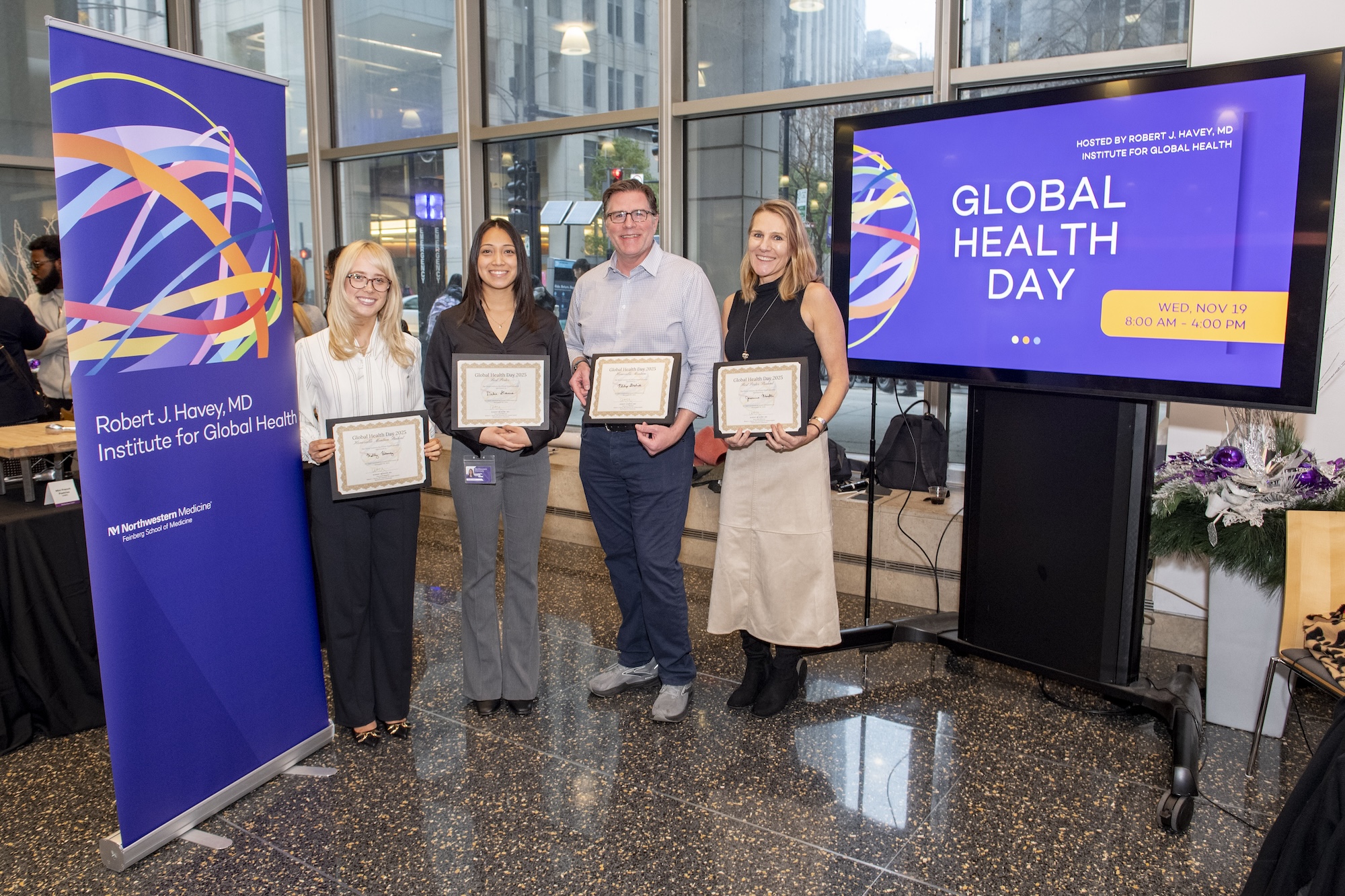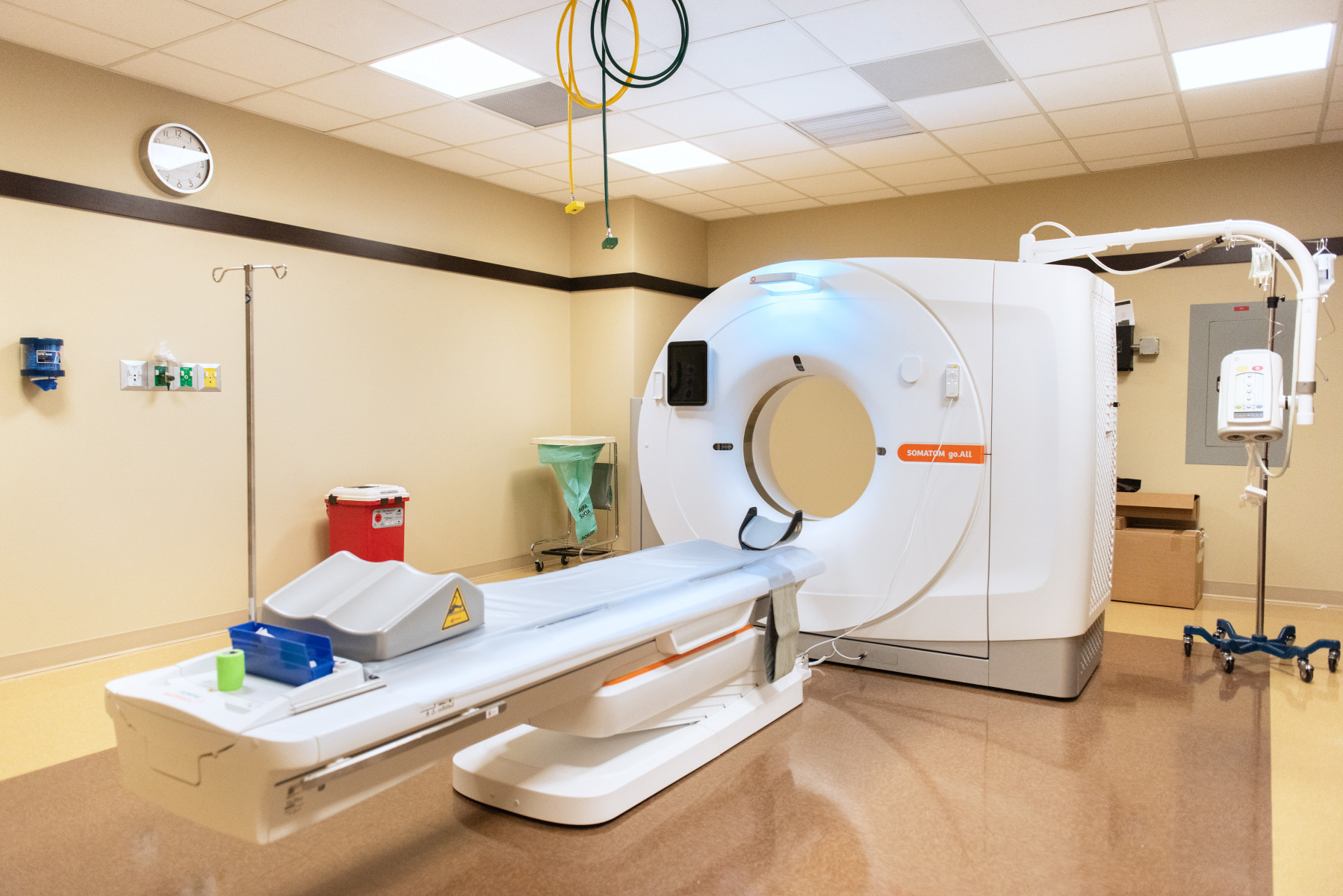Media Coverage
The work done by Northwestern University Feinberg School of Medicine faculty members (and even some students) is regularly highlighted in newspapers, online media outlets and more. Below you’ll find links to articles and videos of Feinberg in the news.
-
Yahoo! News
–
The best hair growth products of 2023
Hair loss impacts millions of people in the U.S., and not just aesthetically; it’s linked to a greater risk of developing stress and depression. To add insult to injury, hair loss is complicated and the right solution requires understanding the underlying cause of the thinning and loss. “The most common cause of hair loss is androgenetic alopecia, aka male pattern hair loss or female pattern hair loss,” explains Amy Forman Taub, MD, a board-certified dermatologist and assistant professor at Northwestern University Medical School. “The second most common is called telogen effluvium and can be caused by many things, including severe stress, childbirth, certain drugs and thyroid abnormalities,” Taub says. Thankfully, in most cases, hair thinning and loss can be treated and reversed with great success. “People can also develop hair loss from underlying medical conditions like alopecia areata,” Taub says. And, of course, there’s the genetic role our DNA plays in hair loss. The good news is that regardless of the source of your thinning and balding, there is a treatment to help reverse or reduce the shedding. Products that target hair loss and thinning can include serums, shampoos, oils, foams, prescription medications, and vitamins and supplements.
-
Yahoo! News
–
Halle Berry, 56, is sharing her menopause journey. Does it help or hurt when celebrities tell all?
Menopause used to be a taboo topic that celebrities rarely spoke about. But lately, a slew of famous women have opened up about the life transition. Halle Berry, 56, is the latest celebrity to talk about her experience with menopause. “We’re all going through it. And we learn from one another when we talk about it, when we become curious, and when we share with each other what we’re going through.” But it can be tricky when celebrities — who aren’t doctors — offer medical advice, Dr. Lauren Streicher, a clinical professor of obstetrics and gynecology at Northwestern University Feinberg School of Medicine and author of Hot Flash Hell, tells Yahoo Life. “On the one hand, people are paying attention since celebrities, of course, have far more credibility in our society than anyone,” she says. “People are finding it easier to talk about.” She continues, “But the problem is that they’re talking about it, making recommendations and selling products which are often bogus. Those recommendations are not scientifically based, but people are latching onto what they’re selling and doing. The reason that all these celebrities are suddenly speaking out is because there is a lot of money to be made in menopause.”
-
The Washington Post
–
Patients grapple with side effects of popular weight-loss drugs
As more people turn to blockbuster diabetes and obesity drugs such as Wegovy, Ozempic and Mounjaro, some are grappling with an unwelcome trade-off: how to balance uncomfortable, sometimes painful, side effects with the benefits of reduced food cravings and the loss of substantial weight. Most people who take the drugs don’t experience serious side effects, and even minor ones — nausea, diarrhea, vomiting — mostly can be controlled with a careful diet and medical supervision. But patients say some unwelcome and scary effects — including heart palpitations — surprised them, forcing them off the medication. Obesity experts say patients’ experiences with side effects vary. “Some people get very sick, and others have no side effects at all,” said Robert F. Kushner, a professor of medicine (endocrinology) and medical education at Northwestern University Feinberg School of Medicine who conducted pivotal trials involving semaglutide, which were paid for by Novo Nordisk. Kushner also has worked with other health-care companies. Obesity experts say many side effects can be reduced by a cautious approach to two important areas: dosing and diet. To avoid nausea and vomiting, high-fat foods — which take longer to digest — or large amounts of food should be avoided, particularly right after the injections.
-
NBC 5 Chicago
–
Northwestern doctors perform double-lung transplants in patients wtih rare condition
Northwestern Medicine on Monday celebrated the health system’s first double-lung transplants for two patients who have a rare genetic condition that alters the normal positions of their organs. These paitents were both born with situs inversus, a genetic condition where the organs in the chest and abdomen develop in a reversed or mirrored image from their normal positions, according to Northwestern. “The right lung is where the left lung should be, and the left lung is on the right side, and then the heart is flipped,” said Dr. Ankit Bharat, chief of thoracic surgery. Northwestern Medicine is a pioneer in double-lung transplants. It performed the procedure for COVID-19 patients who were severely ill, and more recently started giving double-lung transplants to people who have advanced lung cancer. Bharat and pulmonologist Dr. Catherine Myers also encouraged more people to donate their organs, so more lives like Vega’s and Deer’s can be saved. Bharat said fewer than 10% of all organs eligible for donation end up being donated.
-
WTTW
–
Lack of Diversity in Clinical Trials a Problem – But Change May Be Coming
Clinical trials are the way pharmaceutical companies and other health care researchers determine whether a new drug or treatment is safe — but the participants in those trials are overwhelmingly White. Dr. Jecca Steinberg, a resident in the obstetrics and gynecology department at Northwestern University’s Feinberg School of Medicine, has conducted research into the lack of diversity in clinical trials. Steinberg said that while there are historical factors that discourage communities of color from participating in clinical trials, those may be becoming less of a factor. “Recent data has demonstrated that all individuals regardless of their race and ethnicity are equally willing to participate in clinical trials and research,” said Steinberg. “The hesitancy actually lies with researchers who are afraid to approach people who are not of their race due to fear of stigma or bias or stereotyping their patients, assuming they might not be interested.”
-
ABC 7 Chicago
–
Back to School: How parents can help kids manage stress, anxiety
Summer break is almost over, and thousands of Chicago students will return to school in the next coming weeks. Most kids are excited, but for some, the potential challenges of a new school year are a source of stress. Ellen Astrachan-Fletcher, PhD, lecturer of psychiatry and behavioral sciences at Northwestern University Feinberg School of Medicine shared advice on how to reduce the amount of anxiety going into a new school year. “Start talking to your kids. Start spending time with them. Ask them how they’re feeling about going back to school. How can we help if they’re feeling any anxiety?” she said. Some things they would be worried about are bullies, lunchroom drama, academic pressures and more. Validating their concerns and asking them how you can help will give your child comfort.
-
The Washington Post
–
Infant peanut exposure can prevent allergies, but parents worry
Exposing infants to peanuts between four and six months of age can potentially prevent peanut allergies, yet many parents remain anxious about the prospect and aren’t aware that it’s safe, new research shows. The practice of introducing peanut-containing foods in infancy has been recommended by health officials since 2017. Research shows that allowing babies to take small, supervised tastes of peanut-containing foods rather than waiting until they are older can go a long way to reducing the number of children who develop peanut allergies. “Quality of life is very challenging when you have to avoid food all day every day, yet even six years after the guidelines changed, the message that peanut introduction shouldn’t be feared still isn’t getting to parents and caregivers,” said Ruchi Gupta, MD, MPH, senior investigator of the study and director of the Center for Food Allergy and Asthma Research at Northwestern Medicine. “Peanuts are healthy and can prevent allergies, especially in high-risk infants. There’s an opportunity here to potentially prevent this epidemic.”
-
Fox 32 Chicago
–
New tech that improves outcomes for liver transplant patients arrives in Chicago
New technology that improves outcomes for liver transplant patients has arrived in Chicago. Northwestern Medicine’s Organ Transplant Center says it now offers warm and cold liver perfusion, it’s one of the largest transplant centers in the Midwest to offer both techs. The transplant team’s leader says the techniques help preserve and repair the donated liver, so patients see faster and better recovery. Doctors say the advanced procedure helps them serve more patients, more quickly. The perfusion tech is also used by the heart and lung transplant teams at Northwestern Memorial Hospital.
-
CBS News
–
How to sleep in a heat wave, according to experts
July is the hottest month on record for the planet and very likely the hottest period in 120,000 years according to global climate authorities. It’s not just unbearable sunshine – temperatures at night aren’t dropping as they should. Nights are warming faster than days on average in most of the US. To get the best quality sleep, experts have long recommended sleeping in a cool rom – between 60 and 67 degrees Fahrenheit. Experts are sharing tips for sleeping in the heat during this summer. These include staying hydrated, eating light, showering in tepid water and setting time aside to relax. Avoiding alcohol is another piece of advice offered by Phyllis Zee, MD, PhD, chief of sleep medicine and professor of neurology at Northwestern University Feinberg School of Medicine. Drinking booze in the evening dehydrates the body and sets you up for nighttime sweats, she said. Further, using ceiling fans or electric fans can help keep your bedroom cool. “There are also fairly inexpensive ice cooling fans that can be placed near the bed,” Zee said. “If you’re unable to keep the bedroom cool, sleeping temporarily on lower floors like the basement will be cooler.”
-
CBS News
–
Hospital introduces new dancing program to combat Parkinson’s disease
Around half a million Americans are diagnosed with Parkinson’s disease, according to the National Institutes of Health. It’s a brain disorder that can cause unintended movements like shaking and muscle stiffness. But a U.S. hospital is using a new approach aimed at helping those living with Parkinson’s. It’s called Dancing with Parkinson’s, a five-week program offered by Northwestern Medicine and the Joffrey Ballet in Chicago. “Learning and trying to remember steps in a dance routine in a dance class is good for working with memory and improving thinking. We’ve seen benefits in people describing improvement in anxiety and fatigue,” according to Danny Bega, MD, Movement Disorders Specialist at Northwestern Medicine.






